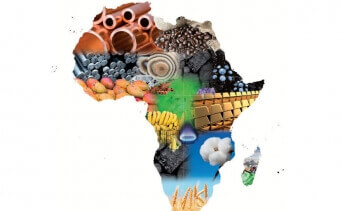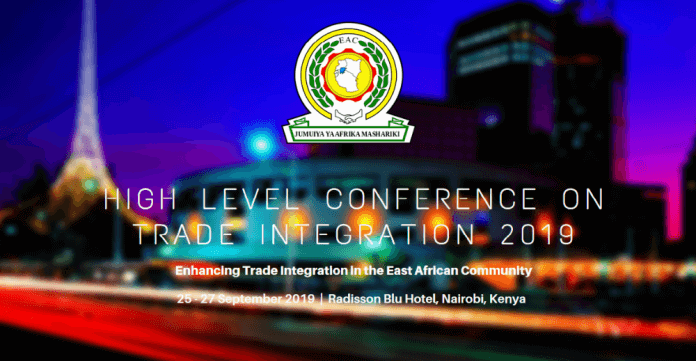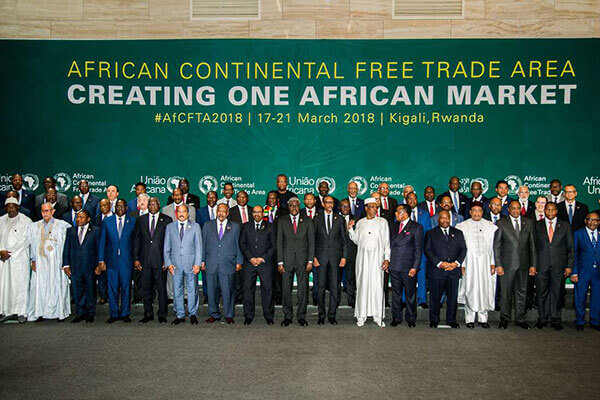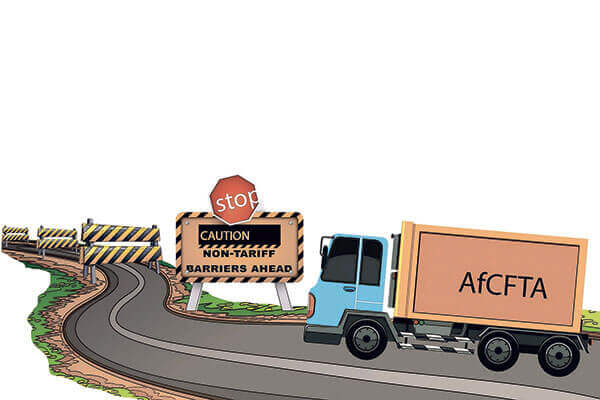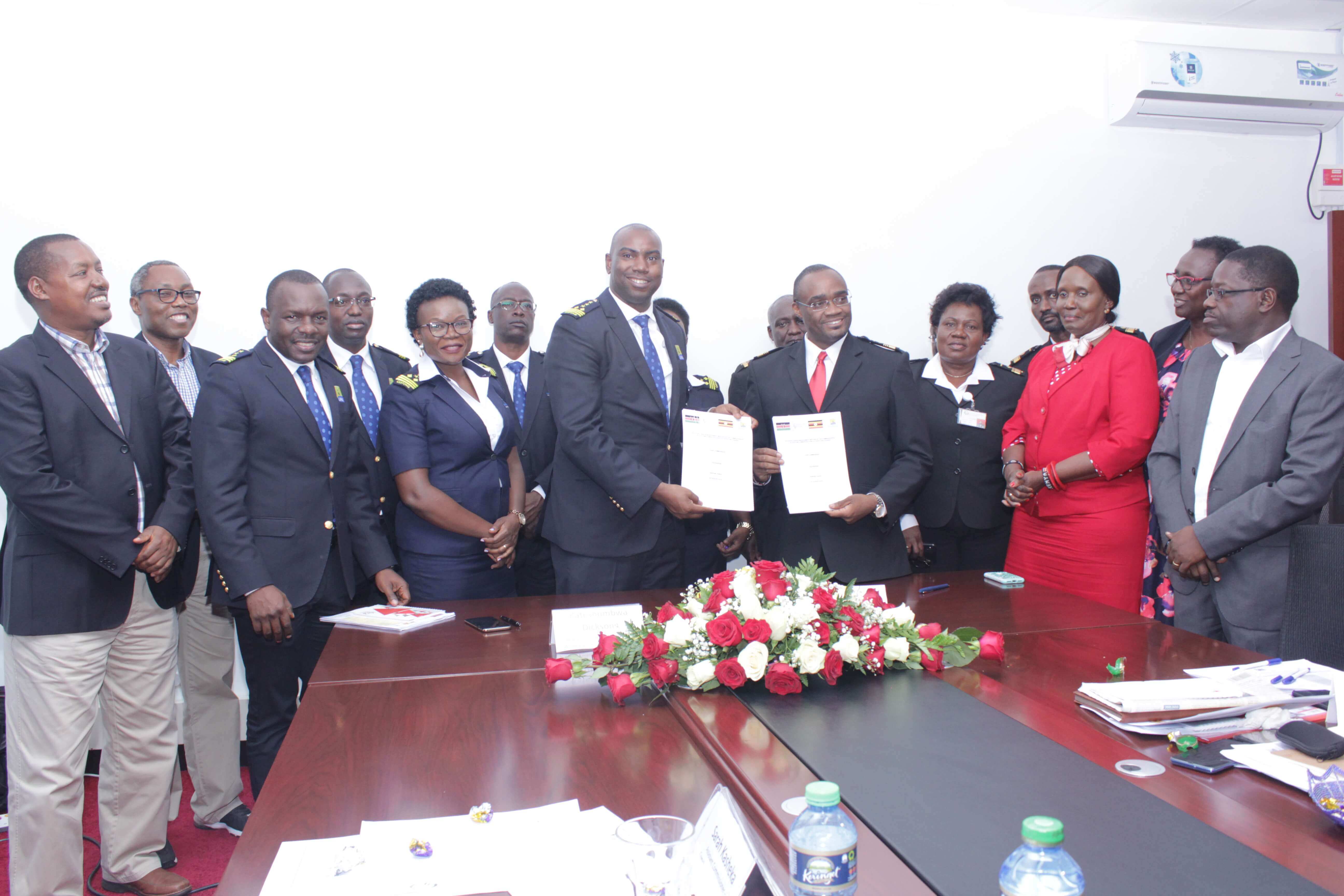Collaboration between Trademark East Africa (TMA) and the UN Economic Commission for Africa resulted last week in a dinner roundtable to discuss how to make the African Continental Free Trade Area work for women and youth. Speaking at the event, Andrew Mold, Acting Director praised the collaboration between ECA and TMA, saying that such partnerships between ECA, TMA, the African Union Commission, UNCTAD, and others are going to be fundamental in moving forward the regional integration agenda. The roundtable was held in Nairobi on 18th September 2019 and attracted a wide participation of Government officials, business leaders, representatives of women and youth traders of East Africa as well as representatives of international organizations. In his keynote address, Adan Mohamed, Kenya's Cabinet Secretary for East African Community and Regional Development, stressed the need to ensure that the wealth created as part of the AFCFTA agreement is inclusive and sustainable: "For the African Continental Free Trade Area to be successful, it is absolutely essential to create an enabling environment for women and youth businesses to prosper", he said. The UNCTAD Secretary-General Mukhisa Kituyi called on governments not to drag their feet in the implementation of the AfCFTA. In the face of dramatic changes in the global economy, he appealed to African countries to abandon outdated forms of economic nationalism and embrace a regional perspective. Mukhisa also encouraged African leaders and youth to grasp the rapidly growing opportunity of electronic commerce - e-commerce - worth $29 trillion globally or risk quickly falling behind....
Partnerships At the Cornerstone of Moving Forward the AfCFTA Agenda
Posted on: October 3, 2019
Posted on: October 3, 2019



